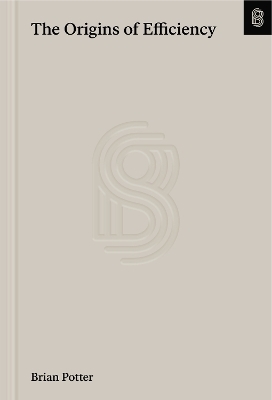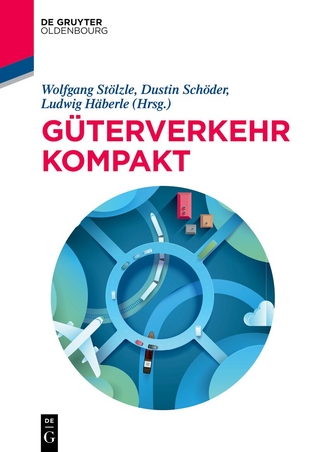
The Origins of Efficiency
Stripe Press (Verlag)
978-1-953953-52-0 (ISBN)
- Noch nicht erschienen (ca. Juni 2025)
- Versandkostenfrei
- Auch auf Rechnung
- Artikel merken
Efficiency is the engine that powers human civilization. It’s the reason rates of famine have fallen precipitously, literacy has risen, and humans are living longer, healthier lives compared to preindustrial times. But where do improvements in production efficiency come from?
In The Origins of Efficiency, Brian Potter argues that improving production efficiency—finding ways to produce goods and services in less time, with less labor, using fewer resources—is the force behind some of the biggest and most consequential changes in human history.
With unprecedented depth and detail, Potter examines the fundamental characteristics of a production process and how it can be made less time- and resource-intensive, and therefore less expensive. The book is punctuated with examples of production efficiency in practice, including how high-yield manufacturing methods made penicillin the “miracle drug” that reduced battlefield infection deaths by 80 percent during World War II; the 100-year history of process improvements in incandescent light bulb production; and how automakers like Ford, Toyota, and Tesla developed innovative production methods that transformed not just the automotive industry but manufacturing as a whole. He concludes by looking at sectors where production costs haven’t fallen, and explores how we might harness the mechanisms of production efficiency to change that.
The Origins of Efficiency is a comprehensive companion for anyone seeking to understand how we arrived at this age of relative abundance—and how we can push efficiency improvements further into domains like housing, medicine, and education, where much work is left to be done.
Brian Potter is the author of the Construction Physics newsletter and a senior infrastructure fellow at the Institute for Progress. He writes about the technology and economics of building construction, with a focus on improving productivity and reducing costs. He previously managed an engineering team at Katerra, a SoftBank-backed construction startup, and has 15 years of experience as a structural engineer. He holds a bachelor’s in civil engineering from Georgia Tech and a master’s in systems engineering from the University of Central Florida.
Introduction
Chapter 1: What Is a Production Process?
Chapter 2: New Processes
Chapter 3: Reducing Input Costs
Chapter 4: Production Rate and Economies of Scale
Chapter 5: Removing a Step
Chapter 6: Variability, Knowledge, and Control
Chapter 7: Learning Curves
Chapter 8: Bundles, Chains, and Feedback Loops
Chapter 9: Continuous Processes
Chapter 10: Failures to Improve
Conclusion: The Future of Production
Acknowledgments
Bibliography
About the Author
| Erscheint lt. Verlag | 19.6.2025 |
|---|---|
| Zusatzinfo | images, graphics, charts, and tables |
| Sprache | englisch |
| Maße | 152 x 228 mm |
| Themenwelt | Technik ► Maschinenbau |
| Wirtschaft ► Betriebswirtschaft / Management ► Logistik / Produktion | |
| ISBN-10 | 1-953953-52-2 / 1953953522 |
| ISBN-13 | 978-1-953953-52-0 / 9781953953520 |
| Zustand | Neuware |
| Haben Sie eine Frage zum Produkt? |
aus dem Bereich


